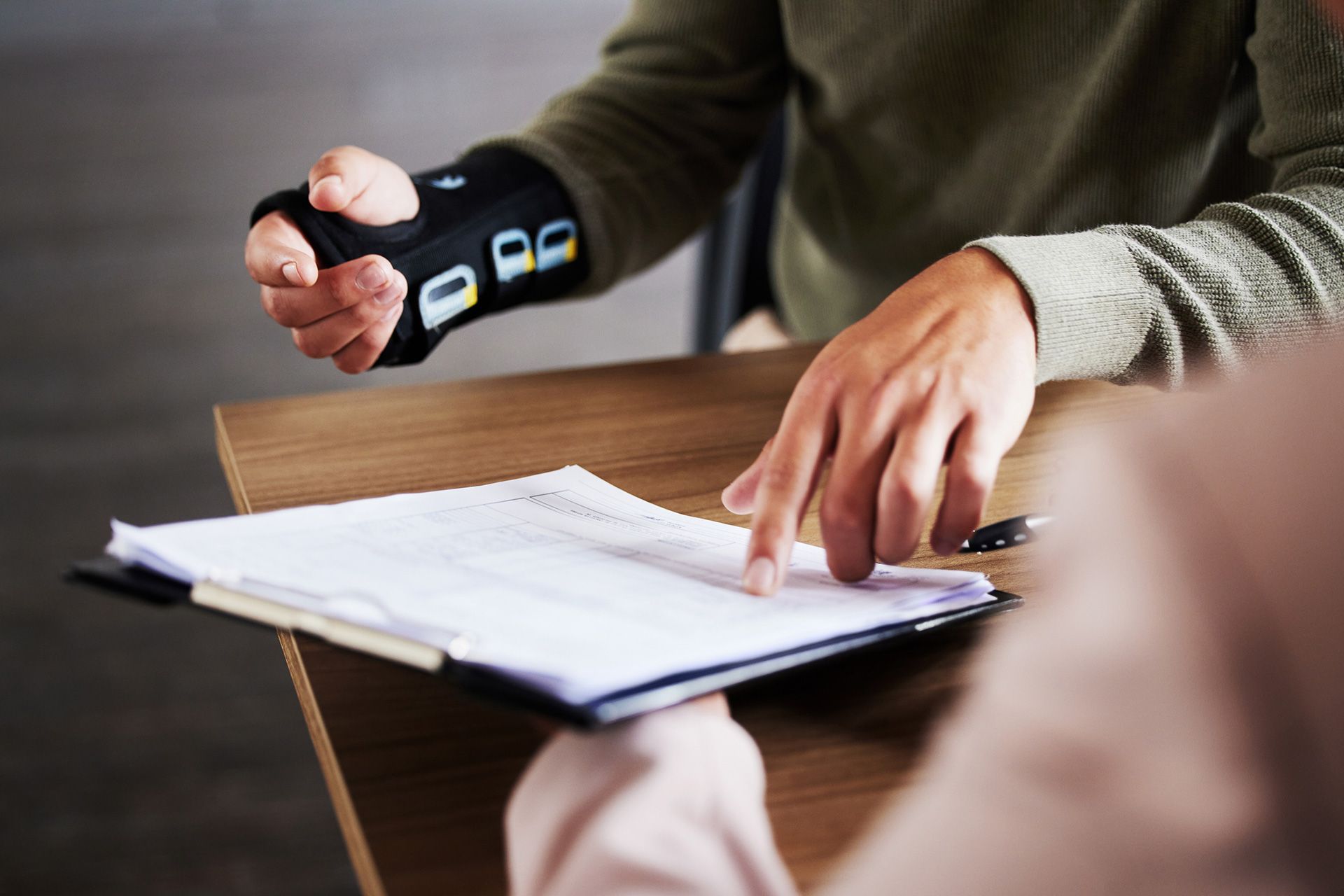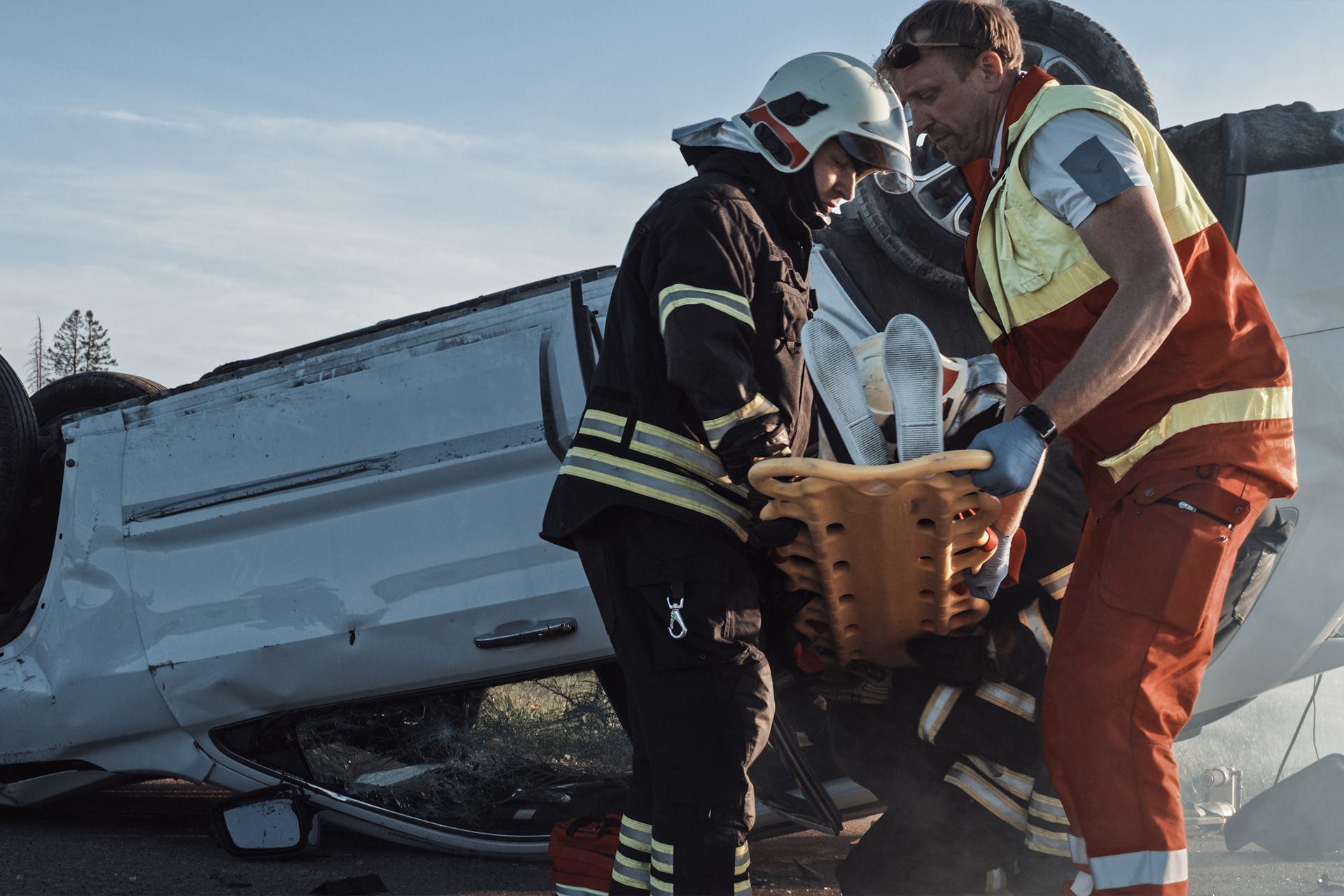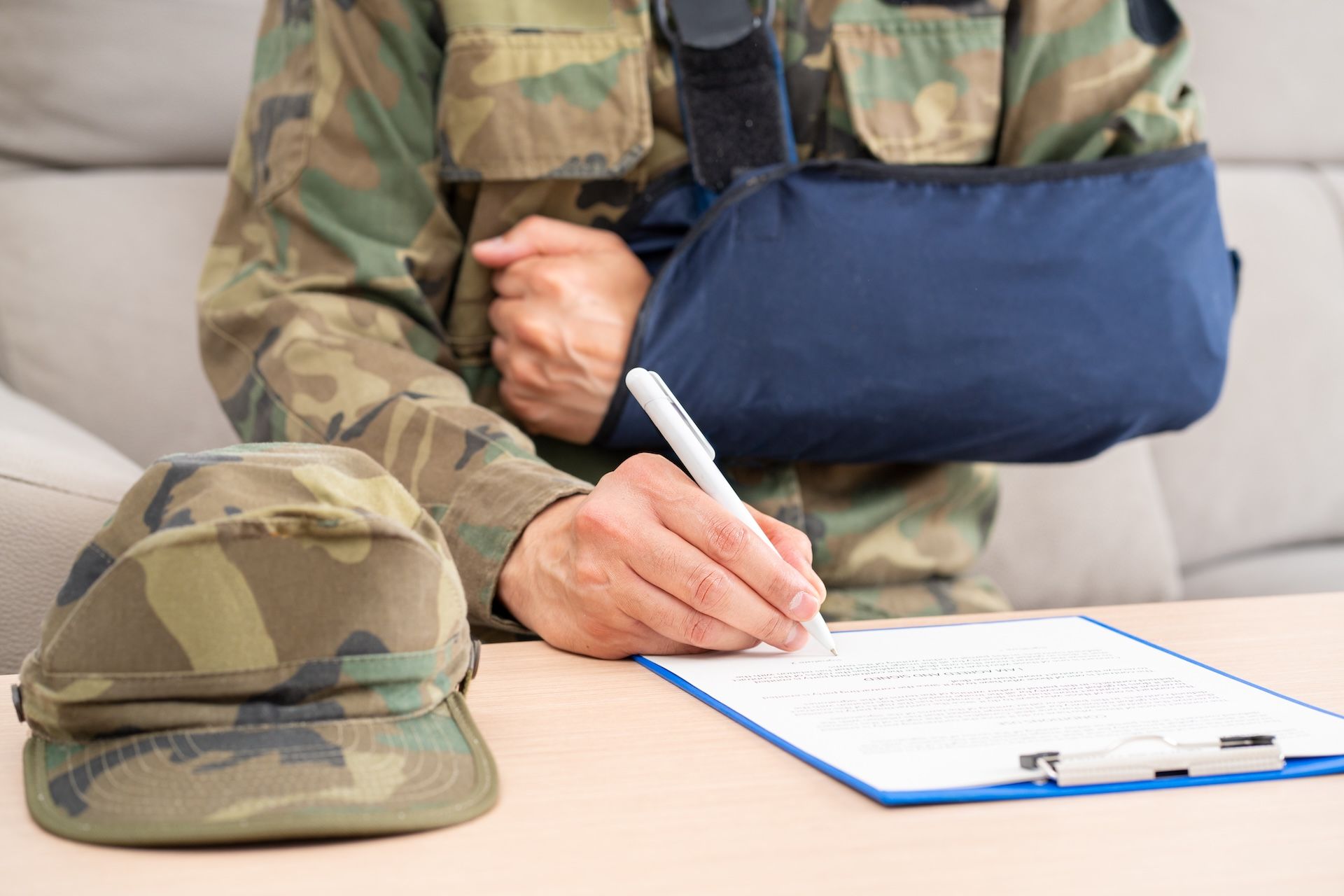Illustration of Reasonable Accommodations in a Back Injury Case

Usually, a personal injury plaintiff will still have certain functional capabilities that would allow him or her to work after recovering from the injury. Sometimes, they may experience some functional disabilities, and will need reasonable accommodations to be able to work. An employer must provide those accommodations, as long as they do not cause the employer undue hardship.
The Americans with Disabilities Act (ADA) defines “Reasonable Accommodations” as:
“Modifications or adjustments to the work environment, or to the manner or circumstances under which the position held or desired is customarily performed, that enable a qualified individual with a disability to perform the essential functions of that position.”
A vocational expert can evaluate an injured plaintiff’s functional capabilities and determine what reasonable accommodations the individual will need to return to work. Reasonable accommodations can be anything from providing a reader for someone who is blind to making facilities wheelchair accessible.
Case Example
As an example, consider a 45 year old construction worker plaintiff who sustained a low back injury from a slip and fall accident. He underwent vertebrae fusion surgery, and his treating physician restricted him from standing, reaching, repetitively bending, or lifting and carrying more than ten pounds. For this plaintiff, a vocational expert would consider the injury, the physician’s recommendations, and the plaintiff’s skills to make the following potential accommodation recommendations:
– Ambulatory restrictions could be accommodated by a workstation at the job site located so as to reduce the need to walk. An electric scooter or cane could also be potential accommodations.
– Reaching and bending restrictions could be accommodated with an ergonomic workstation or a tool for reaching and grabbing.
– Sitting restrictions could be accommodated by allowing the worker to sit and stand as needed. An ergonomic chair could also be a potential accommodation.
– Standing restrictions could be accommodated by allowing the worker to sit on a stool or have an adjustable desk.
OAS
Edmond Provder, owner of Occupational Assessment Services, Inc. (OAS), is a Certified Rehabilitation Counselor. He has worked as a vocational expert witness for over forty years, and has extensive experience documenting the effects of the employability of injured persons. Contact OAS at 800-292-1919 to discuss how we can help in your case.
Disclaimer: The information on this website and blog is for general informational purposes only and is not professional advice. We make no guarantees of accuracy or completeness. We disclaim all liability for errors, omissions, or reliance on this content. Always consult a qualified professional for specific guidance.








